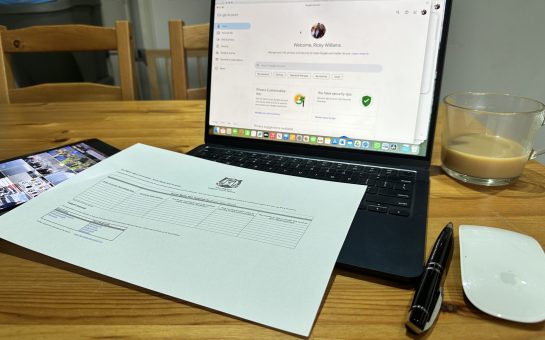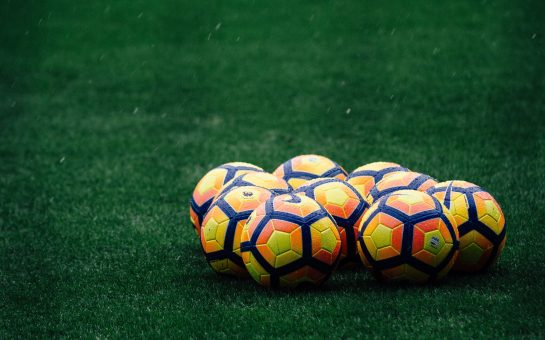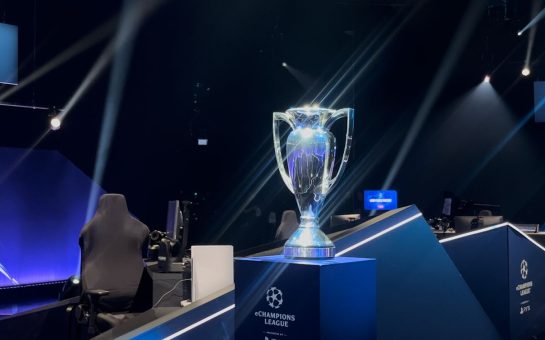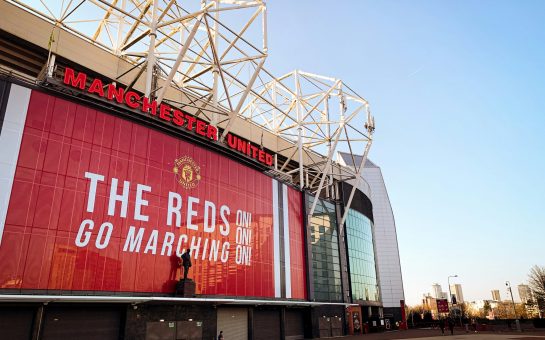Comments from Manchester United’s CEO of Media this week have reignited the debate on footballers and their social media teams.
It comes after ex-professionals, including Gary Neville, voiced their opposition to the words of Phil Lynch, the former Sony and Yahoo executive who now runs the Red Devils’ media operations.
Unfortunately for Lynch, his words came just a few days before another high profile social media blunder which has, again, shone a spotlight on the practice which is now clearly commonplace at the highest levels.
The Brown University graduate spoke of his mission to help players craft their own narrative, he said: “We pull twice a day social media fan sentiment graphs for every single one of our players and we have certain thresholds that alert us when we see fan sentiment going one way.
“We do spend a lot of time on what we call social media monitoring and tracking and then working specifically with each individual player.”
It smacks of debates in years past of how coddled and pampered high level footballers were with their fancy agents who had the temerity to negotiate contracts or provided assistance with relocation when changing clubs.
I kid, as there is clearly some truth on both sides of the argument, on Saturday evening for example, we were treated to another social media team mishap to go with a couple of high profile examples earlier this year.
In April, The Mail reported that Premier League footballers can expect to pay up to £4,000 a month to outsource their social media accounts.
That revelation came after Phil Foden had rebuked his team for tagging Kylian Mbappe in a post in the lead up to a Champions League semi-final with PSG and the incident where Joe Hart was forced to aplogise after his social media team posted a photo saying ‘Job done’ accompanied by a tick, despite Tottenham’s 3-0 Europa League defeat to Dinamo Zagreb.
The reality many football fans are waking up to is that players, especially those in the Premier League, who now realise they have a viable alternative revenue stream from social media platforms like Instagram and Twitter, can not only afford to outsource this operation but are simplifying its process to best monetise their position.
In July, UK based marketing firm Hopper HQ confirmed Cristiano Ronaldo as, not only sports most lucrative athlete but, Instagram’s top earner for sponsored posts, ahead of the likes of Dwayne’ The Rock’ Johnson and Ariana Grande.
A look at the United front man’s social media channels shows a very carefully orchestrated campaign to craft an image of fitness, performance, family life, wealth – I could go on but the point is it’s all incredibly deliberate.
For a moment, imagine if Ronaldo, like the rest of us, mulled over every Instagram post and Tweet for five minutes before pressing send – many would rightly wonder where his priorities lay.
Or, if he shared verifiably false statements to his legion of followers. Would either of those scenarios be more preferable?
The question then appears not to be whether it is realistic or even essential for a modern day Premier League footballer to have a social media team but whether or not they should?
It brings into question the authenticity of anything we see from football’s biggest stars.
Are they actually absolutely devastated after a humiliating defeat, or over the moon after a thrilling comeback victory?
It even makes you doubt their statements on the most pressing social issues which are affecting the game today.



